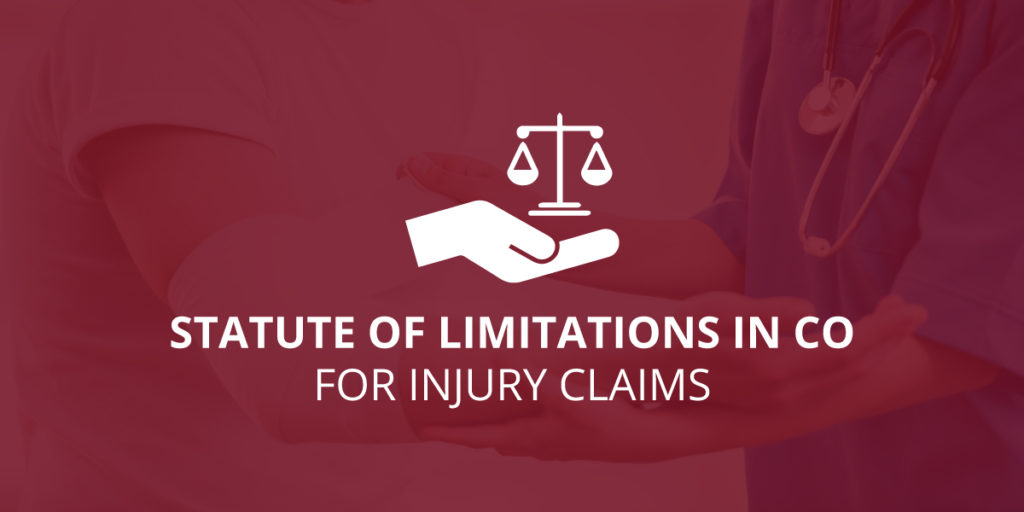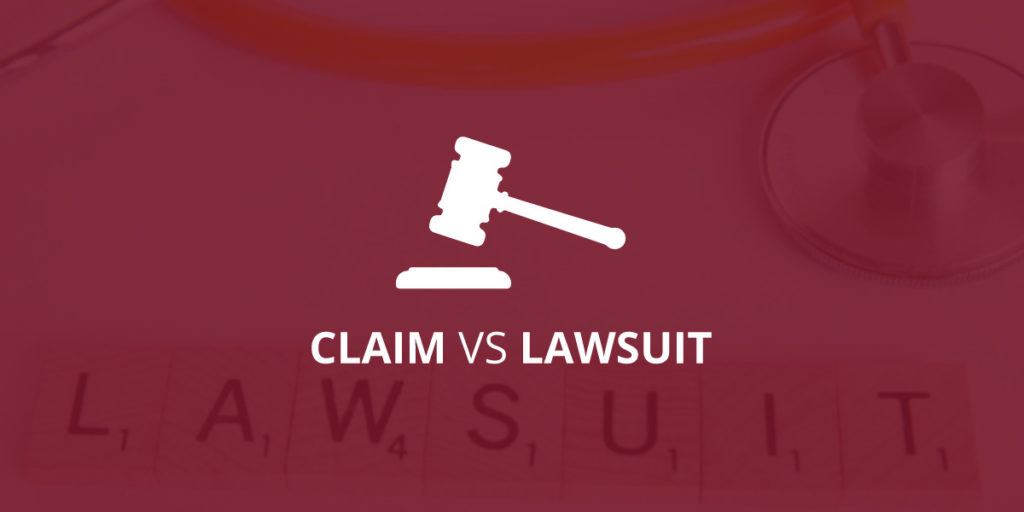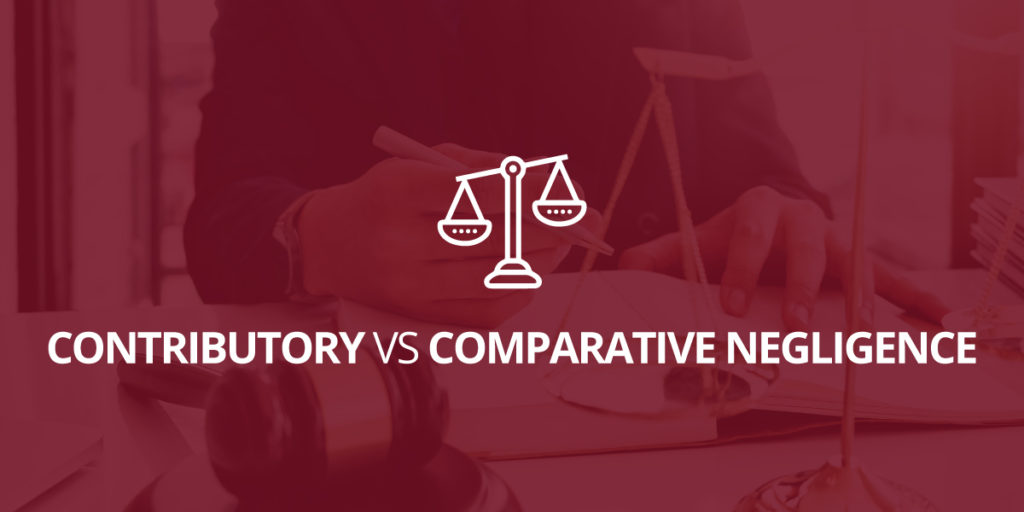
Legal claims generally must be filed within certain time frames. Different types of claims have different deadlines. For example, a breach of contract claim may have a different deadline than a debt collection claim.
There are several purposes for these deadlines. Claimants should be motivated to file their cases, for example. In addition, if extended periods of time were provided to file a claim, it may be difficult for the parties to locate evidence and witnesses to build their cases.
Deadlines for Injury Claims
In Colorado, the deadline for car accident personal injury claims is three years.
If the injury was not caused by a motor vehicle accident, Colorado allows a victim two years to file a claim. This shorter statute of limitations applies to slip and fall claims, premises liability claims, ski collisions, and other types of injury claims.
If a government entity is involved in the case, the deadline to file a notice of claim is 182 days. When a government entity is involved in an injury claim, the notice to the governmental entity must be filed by this deadline, or you will be forever barred from pursuing your claim. Once the notice has been filed, the normal statute of limitations applies – three years for an auto collision and two years for most other types of claims.
In injury claims, the statute of limitations generally begins on the date of the accident. However, in some rare cases, it may begin when the injury or error was discovered.
There are also factors that may “toll,” or “pause” the statute of limitations. However, these factors do not impact the governmental notice deadline.
For example, if a victim is under 18 years of age or is mentally incompetent, the statute of limitations may be tolled. However, once the victim turns 18 or has regained mental competence, the deadline applies.
These exceptions may only apply, however, if there is no legal representative available to file a claim on behalf of the victim. For example, parents or guardians often file claims on behalf of children and other individuals. If you are a parent or guardian for an injured minor or incompetent individual, it is important to seek legal advice as early as possible.
What Happens If You Miss the Statute of Limitations?
If an accident victim misses the statute of limitations and files a claim after the deadline has expired, it is very likely that the claim will be dismissed. Even if the victim was not at fault for the accident, the defendant will likely not be held liable for any of the victim’s damages.
This means that the victim will be responsible for all losses related to the accident—such as medical expenses, lost wages, and other costs. Depending on the facts of the case, the victim could be responsible for hundreds of thousands of dollars in damages.
Since there are deadlines in place to file legal claims, it is important to meet with an experienced Colorado personal injury attorney as soon as possible to ensure your claim is filed in a timely manner. Personal injury attorneys know which deadlines apply to your case and will ensure that all necessary documents and evidence are submitted expeditiously.
Although two or three years seems like a generous length of time to prepare and file a claim, there is a great deal of work that often goes into preparing a case for filing.
Your attorney will need to study medical records, accident reports, and eyewitness statements, for example. Medical providers may need several weeks or longer to produce records, and it may also take time to track down witnesses and discuss the case with them.
Your attorney will make sure that your legal rights are protected and that all deadlines are met. Instead of worrying about filing and pursuing your claim, you can focus on recovering from your injuries.
Jennifer Donaldson is Prepared to Help You With Your Claim
If you need an experienced Denver personal injury attorney to help you with your case, call Jennifer Donaldson. Ms. Donaldson has three decades of experience in personal injury matters and offers a free consultation so that you can learn about your legal options. To schedule your free consultation, contact us at 303-458-5000.






